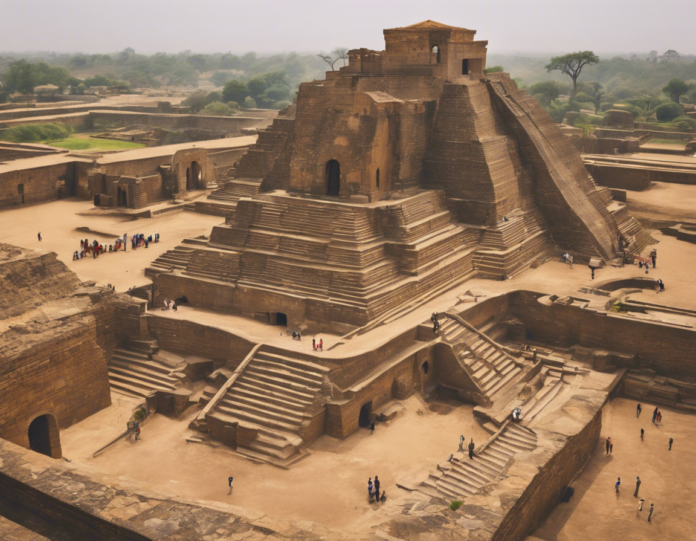When it comes to exploring historic sites, there is a sense of awe and wonder that transcends time and space. Walking through the ruins of ancient civilizations, standing in the halls of palaces where long-gone monarchs once ruled, or tracing the footsteps of famous figures from history can be a transformative experience. Historic sites are not just physical remnants of the past but also windows into the lives, cultures, and events that have shaped our world. In this article, we will delve into the importance of historic sites, the reasons for their enduring appeal, and tips for making the most of your visit.
Importance of Historic Sites
Historic sites play a crucial role in preserving and promoting cultural heritage. They serve as tangible links to our past, offering insights into how our ancestors lived, worked, and interacted with their environment. By protecting and conserving these sites, we ensure that future generations can also appreciate and learn from them. Furthermore, historic sites often hold archaeological significance, providing valuable clues about ancient societies and technologies.
Reasons for Visiting Historic Sites
There are numerous reasons why people are drawn to historic sites. For many, it is a chance to connect with history in a tangible way, stepping into the shoes of those who came before us. Historic sites also provide opportunities for education and enrichment, allowing visitors to learn about different cultures, traditions, and historical events. Additionally, visiting historic sites can be a deeply inspirational experience, igniting curiosity and sparking imagination.
Tips for a Memorable Visit
-
Research Before You Go: Take the time to learn about the history and significance of the site you plan to visit. Understanding the context will enrich your experience.
-
Engage with Interpretive Materials: Many historic sites offer guided tours, audio guides, or informational panels. Make use of these resources to gain deeper insights into the site.
-
Respect the Site: Remember that historic sites are delicate and irreplaceable. Follow any rules or guidelines provided by the site management to help preserve it for future visitors.
-
Take Your Time: Don’t rush through the site. Take the time to soak in the atmosphere, admire the architecture, and imagine the lives of those who once inhabited the place.
-
Capture the Moment: Take photos or keep a journal to document your visit. These mementos can help you cherish the memories of your experience.
-
Support Conservation Efforts: Consider donating to or volunteering for organizations that work to preserve historic sites. Your contribution can make a real difference in safeguarding our shared heritage.
Frequently Asked Questions (FAQs)
1. Why are historic sites important?
Historic sites are important because they preserve our cultural heritage, connect us to the past, and offer insights into different historical periods.
2. How should I prepare for a visit to a historic site?
Before visiting a historic site, research its history, review any visitor guidelines, and consider any special equipment or clothing you may need.
3. What should I do if I want to learn more about a historic site during my visit?
Take advantage of guided tours, informational panels, or audio guides that many historic sites offer. You can also engage with staff or volunteers for additional information.
4. How can I support the preservation of historic sites?
You can support the preservation of historic sites by donating to conservation organizations, volunteering your time, or spreading awareness about the importance of safeguarding our cultural heritage.
5. Are there any specific etiquettes to follow when visiting historic sites?
When visiting historic sites, it’s important to respect any rules or guidelines provided, avoid touching or damaging any artifacts or structures, and be mindful of other visitors.
In conclusion, exploring historic sites is a rewarding and enriching experience that allows us to step back in time and immerse ourselves in the stories of the past. By understanding the importance of historic sites, embracing the reasons for their enduring appeal, and following tips for a memorable visit, we can make the most of these invaluable treasures of our shared human history.




